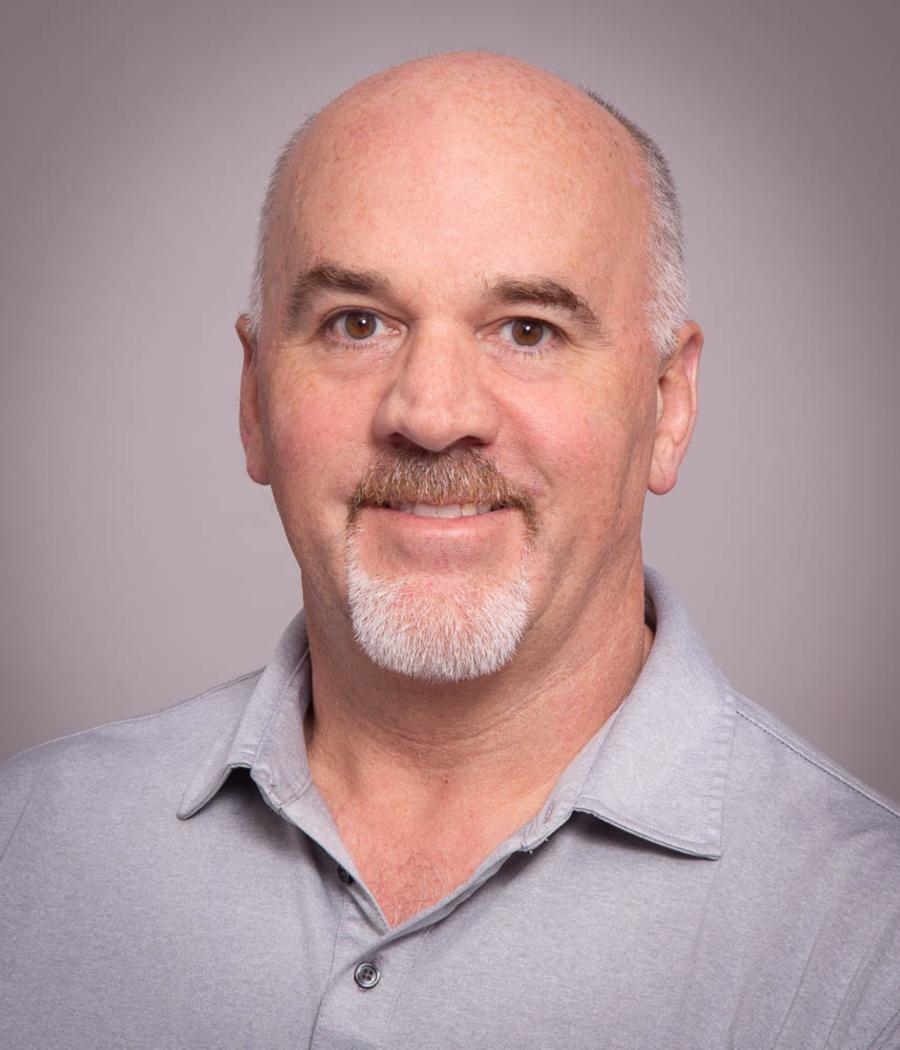AI + Health Seminar: Imaging, AI and Digital Twins for Diagnosing and Treating Heart Disease
Charley Taylor, director of the Center for Computational Medicine at UT Austin
Charley Taylor, director of the Center for Computational Medicine at UT Austin

Please join the Machine Learning Lab for an AI + Health Seminar with Charley Taylor, director of the Center for Computational Medicine at UT Austin for his talk: “Imaging, A.I. and Digital Twins for Diagnosing and Treating Heart Disease.”
When: March 6, 2025 at noon (CDT)
Zoom link: https://utexas.zoom.us/j/5128555388
Abstract: Patient-specific computational models of blood flow in arteries derived from medical imaging data have generated significant interest since they were first introduced more than 25 years ago. Such models enable a new approach in medicine whereby predictive computational models can be used to evaluate and select alternate treatment strategies. Since they were first introduced in 2010, patient-specific models of coronary artery blood flow constructed from coronary CT angiography (cCTA) images leveraging deep learning A.I. methods and using computational fluid dynamics have transformed the diagnosis of heart disease. Such noninvasive, computational models have provided safer, less expensive and more efficient procedures as compared to the standard of care that often involves nuclear imaging and invasive diagnostic cardiac catheterizations. Such image-based computations require an accurate segmentation of the coronary artery lumen from cCTA images and employ biologic principles relating form (anatomy) to function (physiology). HeartFlow developed a non-invasive test, FFRCT, based on computing flow and pressure in the coronary arteries. A human-in-the-loop inspection and correction system was developed and deployed to train deep learning methods for segmenting the coronary arteries. FFRCT has been validated against invasive pressure measurements in more than 1000 patients and demonstrated to improve care in over 100 clinical studies enrolling more than 100,000 patients. At present, FFRCT has been used for routine clinical decision making in more than 1300 hospitals that have served over 400,000 patients in the United States, Europe, and Japan. In the United States, the American College of Cardiology and the American Heart Association guidelines include FFRCT in the recommended diagnostic pathway for heart disease. Medicare and most U.S. private insurance companies reimburse physicians for using FFRCT. New products including AI-enabled software for quantifying coronary anatomic narrowings, quantifying coronary atherosclerotic plaque, and predicting changes in blood flow arising from alternate treatment plans will be discussed. Future opportunities for research in developing and applying computational methods for diagnosing and treating cardiovascular and respiratory diseases will be presented.
Bio: Dr. Taylor is the W.A. “Tex” Moncrief, Jr., Chair in Computational Medicine, Professor, in the Department of Internal Medicine and the Oden Institute for Computational Engineering and Sciences and Director of the Center for Computational Medicine at the University of Texas at Austin. Dr. Taylor is also a Founder and Member of the Board of Directors of HeartFlow Inc, a company that provides patient-specific computer models of the coronary arteries for diagnosing and treating heart disease. He was Chief Technology Officer at HeartFlow from 2010 to 2021 and then Chief Scientific Officer from 2021 to 2023. Dr. Taylor is also the Chairman of Ebenbuild, GmBh, a company building patient-specific lung digital twins for diagnosing and treating respiratory diseases. Prior to HeartFlow, he was an Associate Professor in the Departments of Bioengineering and Surgery at Stanford University with courtesy faculty appointments in the Departments of Mechanical Engineering, Radiology and Pediatrics. He is internationally recognized for his pioneering work over the last 30 years in combining computer simulation methods with medical imaging data for patient-specific modeling of blood flow to aid in the diagnosis and treatment of cardiovascular disease. Dr. Taylor has published over 450 peer-reviewed journal and conference papers and has more than 300 issued patents worldwide. He received his B.S. degree in Mechanical Engineering, M.S. degree in Mechanical Engineering and M.S. degree in Mathematics from Rensselaer Polytechnic Institute and a Ph.D. in Mechanical Engineering from Stanford University. Charles became a fellow of the American Institute of Medical and Biological Engineering in 2007 and was elected into the U.S. National Academy of Engineering in 2024.